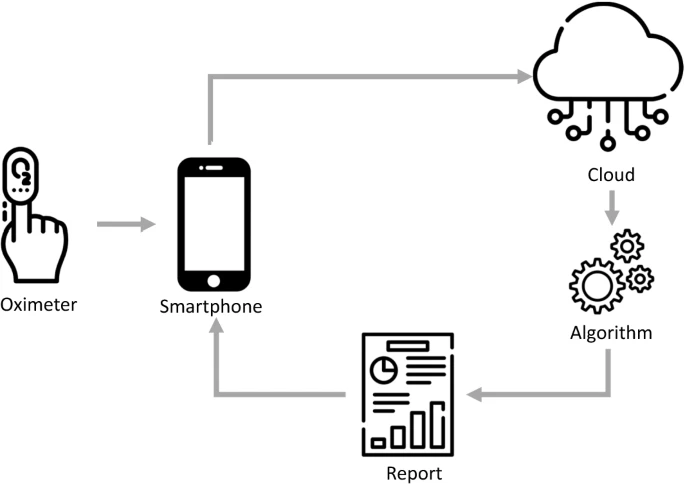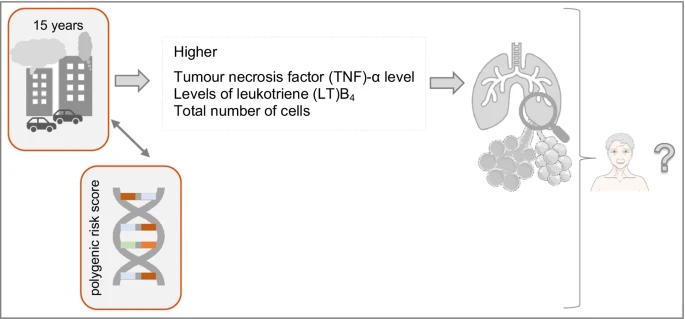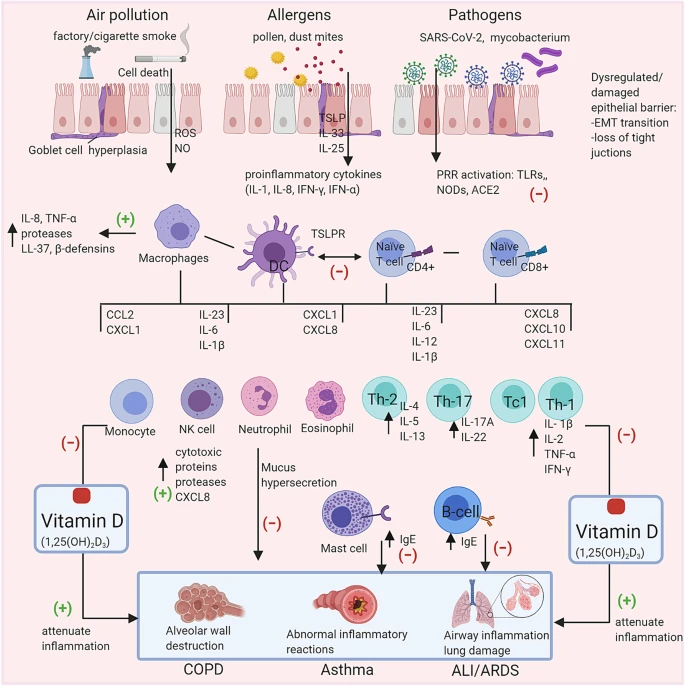Abstract
Background
The successful management of patients infected with coronavirus disease 2019 (COVID-19) with inhaled ciclesonide has been reported, however few studies have investigated its application among hospitalized patients.
Methods
This retrospective cohort study enrolled all adult patients admitted to our hospital with confirmed COVID-19 infection from May to June 2021.





 1
1 

